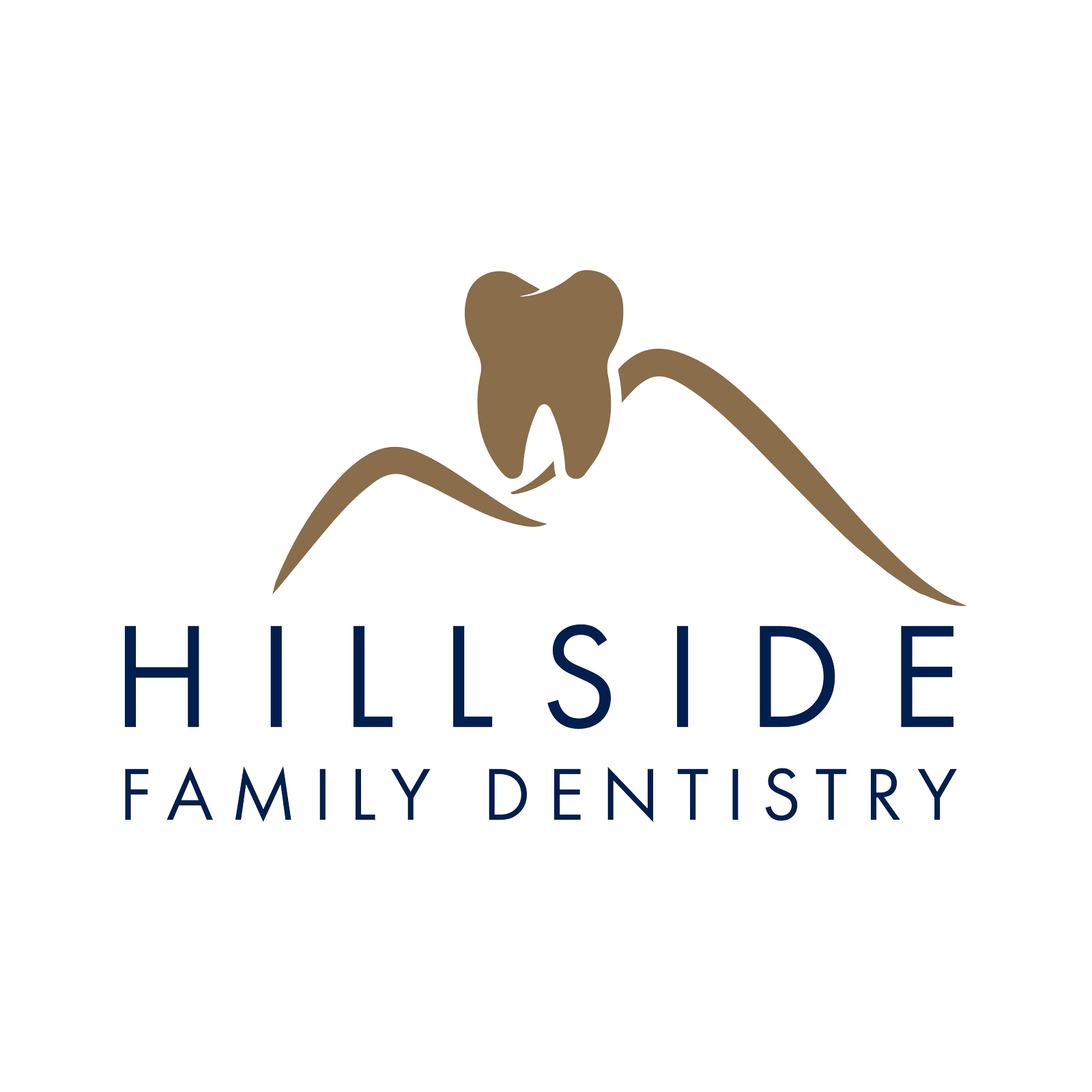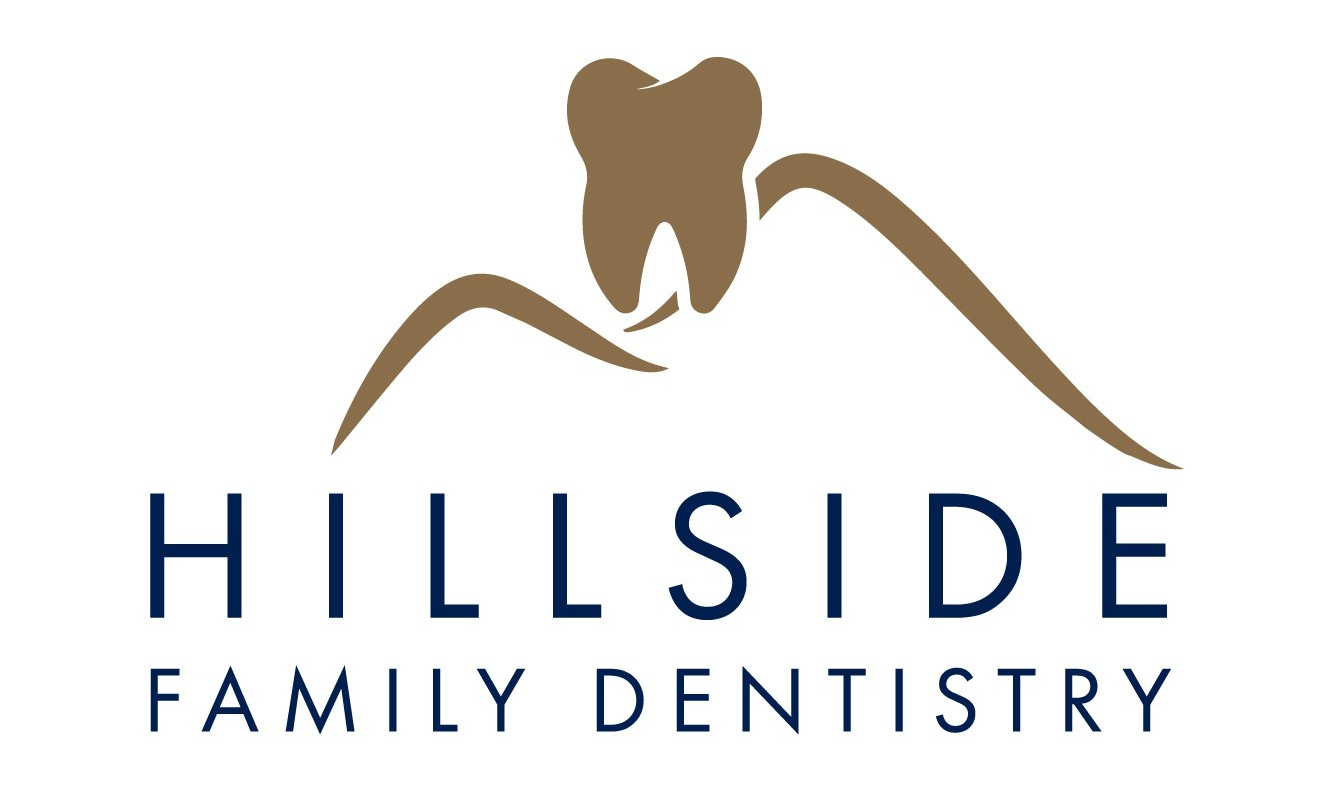How to Get Ready for Oral Surgery
Oral surgery can be a daunting experience, but knowing how to prepare can make the process much smoother and less stressful. Whether having a wisdom tooth removed, getting dental implants, or undergoing another procedure, being well-prepared is the key to a successful surgery and recovery. Understanding what to expect before, during, and after the surgery can help you feel more comfortable and confident.
In this article, we’ll guide you through the essential steps to get ready for your oral surgery. We’ll cover what the surgery involves, a practical pre-surgery checklist, the vital details to remember on the day of the surgery, and what you need to do afterward to ensure a smooth recovery. By following this guide, you can face your upcoming oral surgery with confidence and peace of mind.
Understanding What Oral Surgery Involves
Oral surgery covers a variety of procedures designed to address dental and facial issues. Common surgeries include tooth extractions, wisdom teeth removal, dental implants, and corrective jaw surgery. Oral surgeons are specially trained to perform these procedures safely and effectively.
The type of surgery you'll have depends on your specific dental needs. For example, extractions may be necessary for impacted teeth that don't emerge properly. Dental implants are an excellent solution for replacing missing teeth and can improve function and appearance. Corrective jaw surgery can help align your bite and improve oral health.
During your consultation, your dentist will explain the procedure in detail. They will provide information on what will happen during the surgery, the type of anesthesia or sedation used, and the expected recovery time. Understanding the procedure helps reduce anxiety and prepare properly for the surgery.
Pre-Surgery Checklist: Essential Preparations
Preparing for oral surgery involves several essential steps to ensure everything goes smoothly. Here is a checklist to guide you through the crucial preparations:
1. Consultation Appointment: Attend your consultation to discuss the specifics of your procedure and ask any questions you may have.
2. Medical History: Provide your dental team with a complete medical history, including any medications you are taking and any allergies.
3. Pre-Surgery Instructions: Follow your dentist's instructions, such as fasting if you have anesthesia.
4. Medication Adjustments: Before surgery, you may need to stop certain medications, such as blood thinners. Your dentist will advise you on this.
5. Transportation Arrangements: Arrange for someone to drive you to and from the surgery, as you may be groggy from the anesthesia.
6. Comfortable Clothing: On the day of surgery, dress in loose, comfortable clothing and avoid wearing jewelry or contact lenses.
7. Post-Surgery Supplies: Stock up on soft foods, prescribed medications, and any other items you’ll need during your recovery.
By following this checklist, you can help ensure that you are fully prepared for your oral surgery. Proper preparation will help reduce complications and make the entire process more comfortable.
What to Expect on the Day of Surgery
On the day of the surgery, start by following the detailed instructions your dentist provided. Arriving on time is crucial, as it ensures enough time for any last-minute questions or preparations. Bring any required paperwork and a form of identification.
Before the procedure starts, the dental team will ensure you're comfortable and settled. If you're receiving anesthesia, a specialist will administer it and monitor your vitals throughout the surgery. You might feel a bit nervous, but the team supports you and ensures everything goes smoothly.
Once the surgery is complete, you’ll rest in a recovery area until the anesthesia wears off. The staff will provide detailed post-operation instructions on caring for yourself at home. Make sure your transportation is ready to take you back home safely.
Post-Operative Care: Ensuring a Smooth Recovery
Recovery care after oral surgery is just as critical as the surgery itself. Proper post-operative care can help prevent complications and speed up the healing process. Here are some essential tips for a smooth recovery:
1. Follow Instructions: Carefully follow all post-surgery instructions given by your dentist, including taking prescribed medications as directed.
2. Rest: Take it easy for the first few days. Avoid strenuous activities to allow your body to heal.
3. Diet: Stick to soft foods and avoid hard, crunchy, or spicy foods that could irritate the surgical site. Drink plenty of fluids, but avoid using a straw, as it can dislodge blood clots.
4. Oral Hygiene: Keep your mouth clean by gently rinsing with warm salt water, but avoid vigorous swishing. Brush your teeth carefully and avoid the surgical area.
5. Pain Management: To manage discomfort, use over-the-counter pain relievers or prescriptions provided by your dentist. Ice packs can also help reduce swelling.
6. Follow-Up: Attend scheduled follow-up appointments to ensure proper healing and address concerns.
Adhering to these post-operative care steps can help ensure a quicker and more comfortable recovery from oral surgery.
Conclusion
Preparing for oral surgery might seem overwhelming, but understanding the process can help ease your worries. Knowing what to expect before, during, and after the procedure will make you feel more at ease. Remember, following all pre-surgery instructions is essential, as well as preparing correctly and caring for yourself afterward to ensure the best possible outcome.
If you need more guidance or have any questions about your oral surgery, the team at Hillside Family Dentistry is here to help. Our oral surgeon in Acworth, GA, strives to make every dental procedure as comfortable and stress-free as possible. Contact us to schedule your consultation and take the first step towards a healthier smile.
Share This Post

